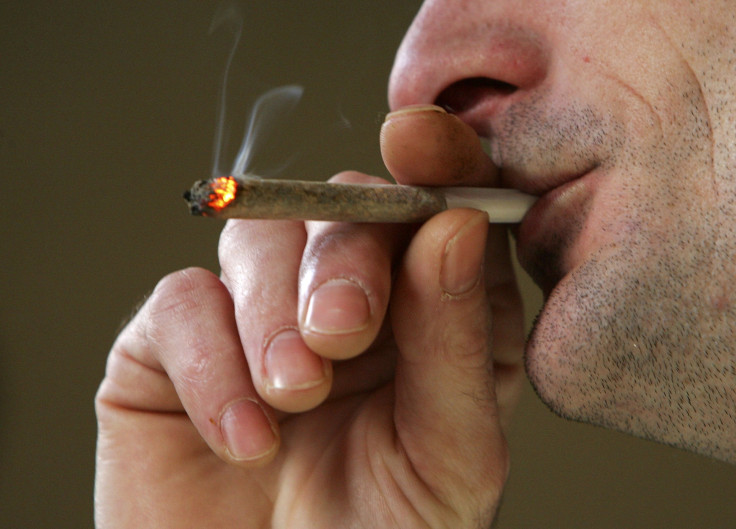Under Colorado’s Marijuana Law, More Drug Addictions, Emergency Room Visits Reported

Colorado's legal pot law has sent thousands of adults to the hospital for possible marijuana exposures and prompted more users to seek treatment for drug addiction, according to a state report on drug use. Meanwhile, marijuana use among adults age 18 to 25 has increased significantly since 2006, according to local media reports.
State officials found marijuana calls to poison control centers soared from 44 in 2006 to 227 in 2015. Hospital-related experiences, including possible marijuana exposures, diagnoses or billing codes, grew from 803 per 100,000 between 2001 and 2009 to 2,413 per 100,000 between 2014 and June 2015, according to the report from the state Department of Public Safety. Marijuana overdoses are not deadly, but can cause mental anguish and severe anxiety.
It's legal to use and possess small amounts of marijuana in Colorado. The 143-page report released Monday marks the state's first comprehensive attempt at evaluating the consequences of its 2014 recreational marijuana law. Since commercial pot became legal, more than a third of patients in drug treatment centers are receiving care for near-daily use of marijuana. In contrast, less than a quarter of patients were being treated for pot use in 2007.
The study also found that middle schoolers and high schoolers weren't smoking more pot since marijuana became legal, but that Colorado youth were more likely to light up than their counterparts in other states. About 13 percent of marijuana users under age 17 had used marijuana in the last 30 days in 2014, one annual survey found. Nationwide, only 7 percent of minors reported similar use.
Among Colorado residents 18 to 25, marijuana use grew from 21 percent in 2006 to 31 percent in 2014, while the share of marijuana users 26 or older increased from 5 percent in 2006 to 12 percent in 2014.
State officials said the report doesn't necessarily mean marijuana use has become a public health risk.
“This report is a two-year snapshot of the impact of marijuana legalization on Colorado’s kids, families, and communities,” Stan Hilkey, executive director of the Colorado Department of Public Safety, said in a statement. “While we still can’t draw any long-term conclusions, today Colorado continues to make history by establishing an objective, data-backed baseline against which all future assessments of marijuana legalization, both in Colorado and around the world, will be weighed.”
Statistical analyst Jack Reed, who wrote the report, said the data could indicate that more people were simply willing to admit to marijuana use after pot became legal in Colorado. "It is too early to draw any conclusions about the potential effects of marijuana legalization or commercialization on public safety, public health or youth outcomes," he told local media.
But some state officials said the report's findings were troubling. Andrew Freedman, who is the coordinator for Gov. John Hickenlooper's marijuana policy efforts, highlighted the increase in marijuana-related emergency room visits and drug-related suspensions at schools.
"While they weren't major spikes, and while they may be attributable to increased enforcement and decreasing stigma, they point to potential long-term difficulties the state may face that are the unique result of legalization," he wrote the Denver Post in an email.
© Copyright IBTimes 2024. All rights reserved.






















